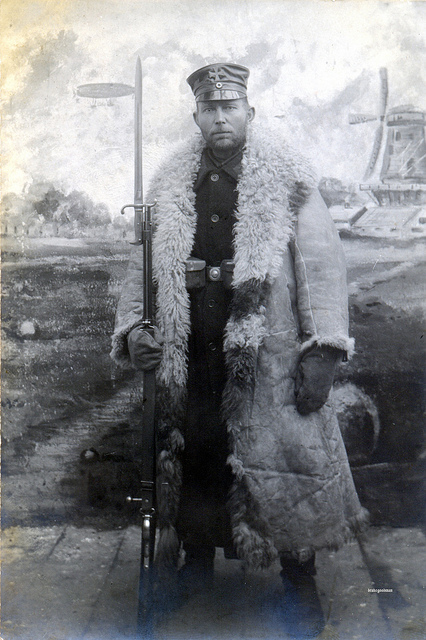
- It was so hard for me at first. I knew about three songs and when it was time for us to play onstage I was all shaky, so I had to play behind the curtains. I just couldn’t get up in front. Then you get so very discouraged. You hear different bands playing around you and the guitar player always seems like he’s so much better than you are. Most people give up at this point, but it is best not to. Just keep on, just keep on. Sometimes you are going to be so frustrated that you hate the guitar, but all of this is just a part of learning. If you’re very stubborn, you can make it.[Jimi Hendrix, from Janie L. Hendrix and John McDermott, Jimi Hendrix: An Illustrated Experience (Atria Books, 2007), p. 21.]
Because of this famous quotation from Curran, often incorrectly attributed to Thomas Jefferson, I am using the word “vigilance” to mean diligence, practiced consistently over time.
Real
True Narratives
Technical and Analytical Readings
Photographs
Documentary and Educational Films
Imaginary
Fictional Narratives
Fictional works on the costs of vigilance:
- Kelsey Ronan, Chevy in the Hole: A Novel (Henry Holt & Co., 2022): “Does relentless commitment always yield positive results? Monae seems committed to what others see as lost causes, namely Gus, and the city of Flint. It’s lonely work, this kind of commitment, and the sections of the novel from Monae’s point of view tend to reflect that loneliness.”
Poetry
In my Spanish cloak,
And old slouch hat,
And overshoes of felt,
And Tyke, my faithful dog,
And my knotted hickory cane,
I slipped about with a bull’s-eye lantern
From door to door on the square,
As the midnight stars wheeled round,
And the bell in the steeple murmured
From the blowing of the wind;
And the weary steps of old Doc Hill
Sounded like one who walks in sleep,
And a far-off rooster crew.
And now another is watching Spoon River
As others watched before me.
And here we lie, Doc Hill and I
Where none breaks through and steals,
And no eye needs to guard.
[Edgar Lee Masters, “Andy the Night-Watch”]
Other poems:
- Edgar Lee Masters, “Enoch Dunlap”
Music: Composers, artists, and major works
Compositions:
- André Jolivet, Violin Concerto (1972) (approx. 33’): the concerto expresses an unwavering seriousness of intent and purpose. “. . . the trigger . . . was his discovery of a Hopi Indian aphorism that equates sound with both life and the human soul. An extremely beautiful, if occasionally daunting work, it envisions the soloist as the celebrant of a sequence of arcane rituals and sacred dances, provoking the orchestra to a series of responses alternately trance-like and convulsive.”
- Mieczysław Weinberg, Trumpet Concerto in B-flat Major, Op. 94 (1967) (approx. 26’): “Though the movement titles suggest fragmentation and playfulness, they are in many ways belied by the music itself, whose strong sense of continuity and nervous tension prompted Shostakovich to dub the work (with only a little exaggeration) a 'symphony for trumpet and orchestra.'”
Music: songs and other short pieces
Visual Arts
- Ilya Repin, Watch (1881)